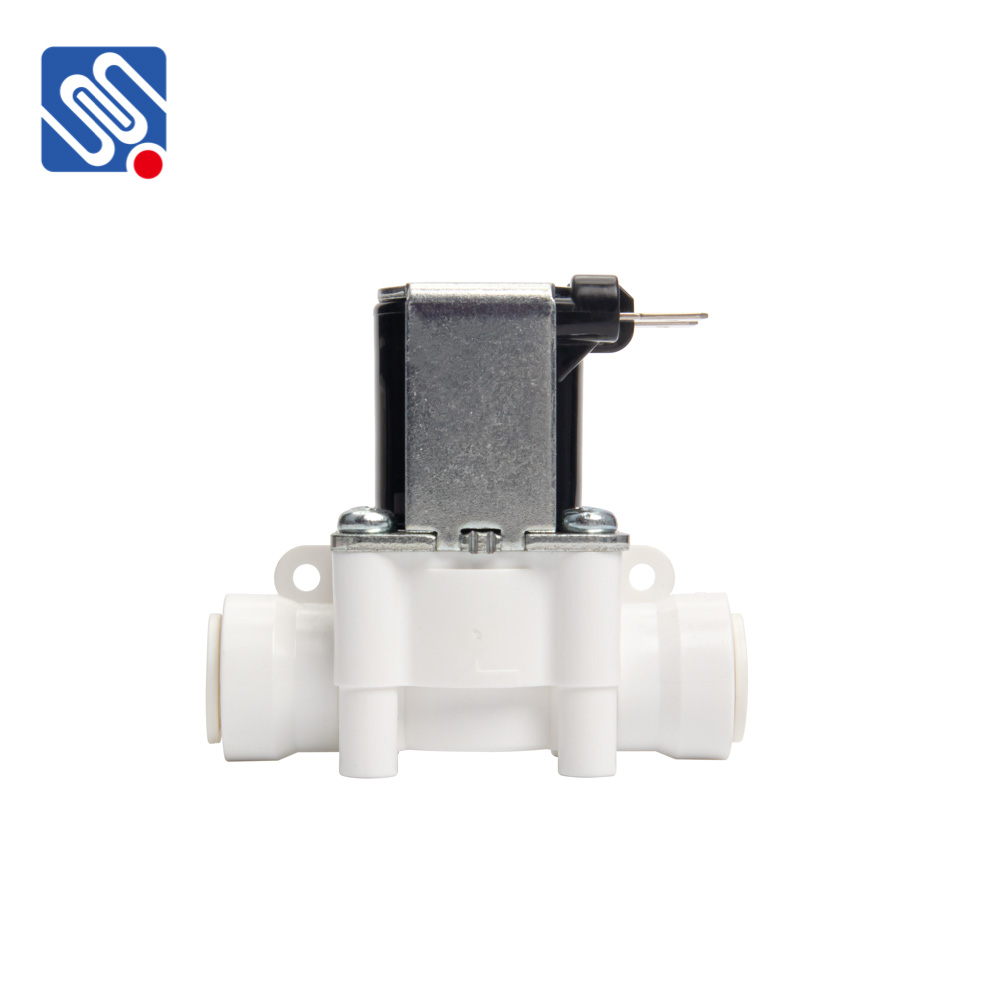filtration system solenoid valve: essential component for efficient filtration control
Release time:2025-05-08 12:34:09
In various industrial and residential applications, maintaining the quality and cleanliness of fluids is paramount. This is where filtration systems come into play, ensuring that unwanted particles, contaminants, and impurities are effectively removed from liquids and gases. Among the many components that contribute to the efficiency and reliability of filtration systems, the solenoid valve stands out as an essential part of the control mechanism. The Filtration System Solenoid Valve plays a crucial role in regulating the flow of fluids through the filtration process, allowing for better management of system operation, efficiency, and performance.

What is a Filtration System Solenoid Valve?
A solenoid valve is an electrically operated valve that controls the flow of fluids in a piping system. It uses an electromagnet (solenoid) to control the opening and closing of the valve, providing an automated solution for controlling fluid flow. In a filtration system, this type of valve is typically installed to control the flow of the liquid entering the filtration unit or to manage the release of filtered liquid once it has passed through the filtration process.
The Filtration System Solenoid Valve functions by opening and closing in response to electrical signals. When the solenoid is energized, it generates a magnetic field that moves a plunger within the valve, either opening or closing the valve's orifice. This simple yet effective mechanism allows for precise control over the fluid flow, essential for processes such as backwashing, fluid distribution, and maintaining consistent pressure within the system.


